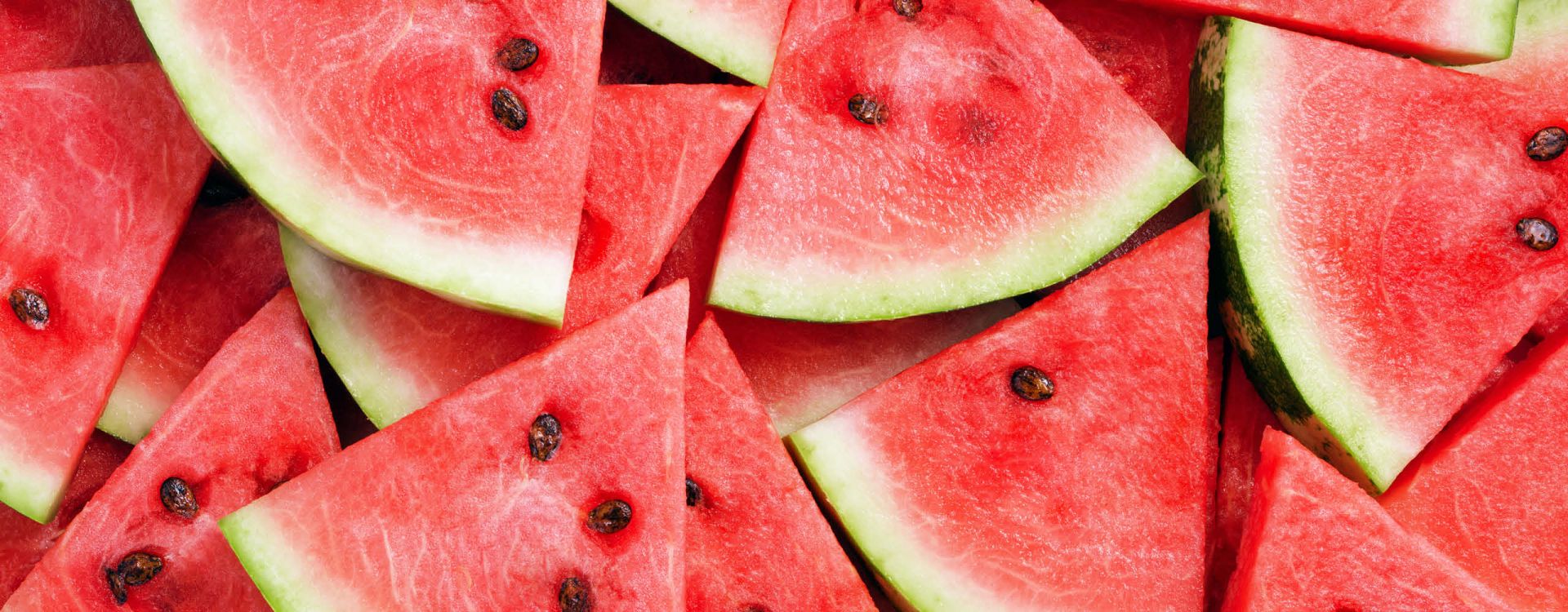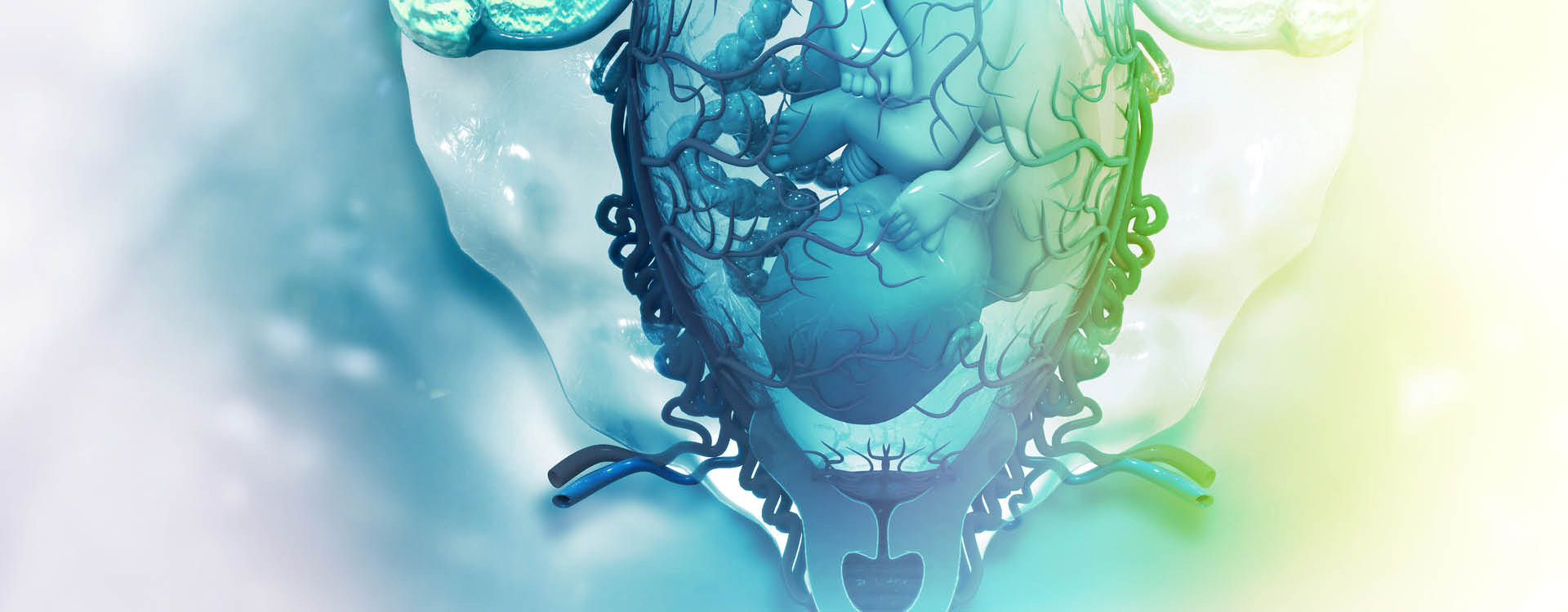Pregnancy is a time of careful consideration regarding what you consume. With numerous claims about superfoods and their benefits, coconut water often finds its place in discussions surrounding pregnancy diets.
In this article, we'll delve into the intricacies of coconut water consumption during pregnancy, exploring its safety, benefits, and potential side effects.
What Is Coconut Water?
Coconut water is the clear liquid found inside young, green coconuts. It is different from coconut milk, which is extracted from the grated flesh of mature coconuts.
Coconut water is naturally rich in electrolytes, vitamins, and minerals, making it a popular beverage choice for hydration and nutrition. It has a slightly sweet and refreshing taste and is often consumed fresh from the coconut or sold in packaged containers.
Due to its nutritional content and hydrating properties, coconut water is valued for its potential health benefits, including replenishing electrolytes, aiding digestion, and supporting overall well-being.
Is Coconut Water Safe During Pregnancy?
Absolutely. Coconut water is not only safe but can also be beneficial during pregnancy. It provides essential hydration and vital nutrients that can support both the mother and the growing fetus. However, moderation is key, as with any food or beverage during pregnancy.
Coconut water is a low-calorie drink and is naturally free from fat and cholesterol, making it a healthy choice for expecting mothers. Its electrolyte content can help prevent dehydration, a common concern during pregnancy, especially in warmer climates or during physical activity.
Benefits of Coconut Water in Pregnancy
Coconut water offers a plethora of benefits during pregnancy, making it an excellent addition to an expectant mother’s diet. These benefits include:
1. Hydration
Staying hydrated is crucial during pregnancy, and coconut water provides a refreshing alternative to plain water. Its electrolyte composition can help replenish fluids lost through sweat or urination, aiding in maintaining optimal hydration levels [*].
2. Nutrient Boost
Pregnancy demands increased nutrient intake, and coconut water offers a natural source of essential vitamins and minerals. Potassium, for instance, plays a crucial role in regulating blood pressure and muscle function, while magnesium supports bone health and helps alleviate muscle cramps, which are common during pregnancy [*].
3. Digestive Support
Constipation is a common issue during pregnancy due to hormonal changes and pressure from the growing uterus. Coconut water contains fiber, albeit in small amounts, which can help promote healthy digestion and alleviate constipation. It also has natural hydrating properties that can soothe the digestive tract and alleviate symptoms of indigestion [*].
4. Rich in Nutrients
Coconut water contains essential vitamins and minerals, including vitamin C, vitamin B-complex, potassium, magnesium, calcium, and manganese. These nutrients play vital roles in maintaining overall health and well-being [*].
5. Low in Calories
Compared to many other beverages, coconut water is relatively low in calories and naturally free from fat and cholesterol. One serving yields 45-60 calories and can be a healthier alternative to sugary drinks or sports beverages [*].
6. Supports Heart Health
Potassium is essential for heart health, as it helps regulate blood pressure and maintain proper heart function. Coconut water is rich in potassium, which may help lower blood pressure and reduce the risk of heart disease [*].
7. Boosts Immune System
The vitamins and minerals found in coconut water, such as vitamin C and magnesium, can help support a healthy immune system. Vitamin C, in particular, is known for its antioxidant properties, which may help protect against oxidative stress and strengthen the body's defenses against infections and illnesses [*].
8. May Help Reduce Blood Sugar Levels
Some studies suggest that coconut water may have a beneficial effect on blood sugar levels. It has a low glycemic index, which means it doesn't cause a rapid spike in blood sugar levels. However, more research is needed to confirm its effects on blood sugar regulation [*].
9. Promotes Kidney Health
Coconut water is a natural diuretic, meaning it helps stimulate urine production and promote kidney function. Drinking coconut water regularly may help prevent kidney stones and support overall kidney health. However, too much potassium could be problematic for people with existing conditions, and coconut water should be avoided there [*][*].
10. Natural Electrolyte Replacement
Coconut water can serve as a natural electrolyte replacement drink, helping rehydrate and restore the electrolyte balance of potassium, sodium, and magnesium more effectively than plain water [*]
11. Refreshing and Delicious
Beyond its health benefits, coconut water is simply a delicious and refreshing beverage. Its naturally sweet and nutty flavor makes it a popular choice for hydration.
Side Effects of Coconut Water During Pregnancy
While coconut water is generally safe for most pregnant women, some individuals may experience adverse reactions. These can include:
1. Gastrointestinal Discomfort
Some pregnant women may experience bloating, gas, or diarrhea after drinking coconut water, especially if consumed in excess [*].
2. Allergic Reactions
Although rare, some individuals may be allergic to coconut water. Symptoms of coconut allergy can range from mild itching or hives to more severe reactions like swelling of the lips, tongue, or throat, difficulty breathing, or anaphylaxis.
3. High Potassium Levels
Coconut water is naturally rich in potassium, which is generally beneficial. However, consuming excessive amounts of potassium-rich foods or drinks, including coconut water, could potentially lead to hyperkalemia (elevated blood potassium levels), especially in individuals with kidney problems [*].
4. Calories and Sugar Content
While coconut water is lower in calories and sugar compared to many other beverages, it's essential to moderate consumption, especially if you're watching your calorie or sugar intake during pregnancy. Excessive sugar intake can contribute to weight gain and gestational diabetes risk.
5. Interference With Medications
Coconut water contains small amounts of potassium and other minerals, which could potentially interact with certain medications. If you're taking medications that affect potassium levels or have been advised to limit potassium intake, consult with your healthcare provider before consuming coconut water regularly [*].
6. Electrolyte Imbalance
Although coconut water is often touted for its electrolyte content, consuming too much could potentially lead to electrolyte imbalances, especially if it's replacing other essential electrolyte sources in your diet.
It's essential to listen to your body and consume coconut water in moderation. If you experience any adverse reactions or have concerns about incorporating coconut water into your pregnancy diet, consult with your healthcare provider for personalized guidance.
Ways to Drink Coconut Water During Pregnancy
You may want the benefits of coconut water but don’t enjoy the taste. That’s ok! Here are some alternate ideas to drinking from the coconut itself, or from a packaged brand:
- Add coconut water to your smoothie recipe
- Use in place of water when cooking rice
- Make iced coffee
- Add it to pineapple juice or orange juice
- Use in Thai or Vietnamese cooking
Coconut Water and Pregnancy FAQ
When should I start drinking coconut water during pregnancy?
There's no specific timeline; however, incorporating it into your diet early on can provide consistent hydration and nutrient support throughout your pregnancy.
Does coconut increase amniotic fluid?
While there's no direct evidence to suggest that coconut water increases amniotic fluid, staying hydrated can support overall fluid balance in the body.
Is coconut water safe during labor?
Yes, coconut water can be a beneficial hydration option during labor, providing essential electrolytes and hydration without the added sugars or artificial ingredients found in some sports drinks.
Which trimester is coconut water the best?
Coconut water can be beneficial throughout pregnancy, but it may be particularly helpful during the third trimester when staying hydrated becomes even more important.
Is too much coconut water bad for pregnancy?
Like anything, moderation is key. While coconut water is generally safe, excessive consumption can lead to imbalances in electrolytes or gastrointestinal discomfort.
The Bottom Line
Coconut water can be a safe and beneficial addition to a pregnant woman's diet, offering hydration and essential nutrients to support both maternal and fetal health.
However, as with any dietary choice during pregnancy, it's essential to consume coconut water in moderation and be mindful of any potential adverse reactions.
If you have concerns or questions about incorporating coconut water into your pregnancy diet, consult with your healthcare provider for personalized guidance.
About MiracleCord
MiracleCord is a leading provider of umbilical cord blood banking services, dedicated to helping families preserve the precious stem cells found in umbilical cord blood for potential medical use in the future.
With state-of-the-art facilities and a commitment to excellence, MiracleCord offers families peace of mind through the preservation of this valuable biological resource. Download our Free Info Kit for more information.
DISCLAIMER: THE INFORMATION ON THIS WEBSITE IS NOT INTENDED TO BE USED AS MEDICAL ADVICE.The materials and information contained on the MiracleCord website is provided for educational and informational purposes only, and is not intended to, and does not constitute, medical or other health advice or diagnosis, and should not be used as such. You should not use this information to diagnose or treat a health problem or disease. If you are seeking personal medical advice, you should consult with a licensed physician. Always consult with a qualified health care provider regarding a medical condition.




